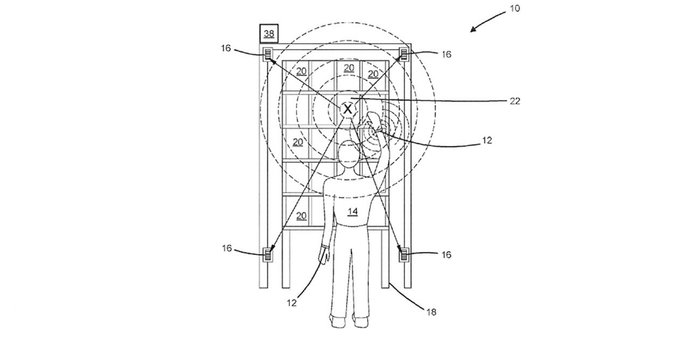Donald Trump has said China is prepared to cut tariffs on US car imports, sending shares in carmakers up and boosting Chinese dealer stocks. Continue reading “Trump says China will ‘reduce and remove’ tariffs on US car imports”
USPTO Releases 2018-2022 Strategic Plan to Optimize Timeliness and Quality
Why IP Protection is Important for Every Start-up

A start-up is a new business venture that aims to meet a marketplace’s need, want or solve problems by developing a viable business model around products, services, processes or platform. It goes without saying that almost every tech start-up has an idea that’s probably worth protecting. An idea is nothing but an intellectual property (IP). An idea can take form of codes, algorithms, research findings etc. A start-up that relies on IPR must ensure that their IP is fairly protected. Unfortunately, this area remains neglected in the race of giving best products or services to satisfy clients. As a result, an IP on which a start-up actually relies is not sustained longer. The question looms that “do they really know about the legal rights while protecting IP?”
It is important for start-ups to secure all their legal aspects and have a clear vision on how to proceed with their idea. Understanding legal rights would help start-ups avoid IP disputes which can incur hefty fine, litigation cost or even closure. The most important IP rights under which a start-up could protect its intangible assets and amass financial benefit from their usage are patents, trademarks and designs.
Most start-ups have informal working atmosphere since they majorly constitutes friends, colleagues and relatives. Such start-ups may face problems in the long run especially if certain formal requirements are not fulfilled. Legal agreements in the form of non-disclosure agreements, among the founders, employees and vendors are extremely important in order to protect the intangible assets of an organization from infringement and to protect trade secret. During commercialization, a start-up should always keep in mind the disclosure of the inventive product or process before the registration because IP rights would be of no use without prior disclosure. Accordingly, founders must take expert opinions regarding product commercialisation and process disclosure before patenting or applying for industrial design. Once these aspects have been strategized, and required measures are taken, the product may be launched into the public domain.
IP is an interesting area of law and is extremely relevant for start-ups and entrepreneurs. Knowing just the benefits of IP are not enough, start-ups also need to know their legal rights, since a small mistake might end up costing them millions.
Source: Entrepreneur India






